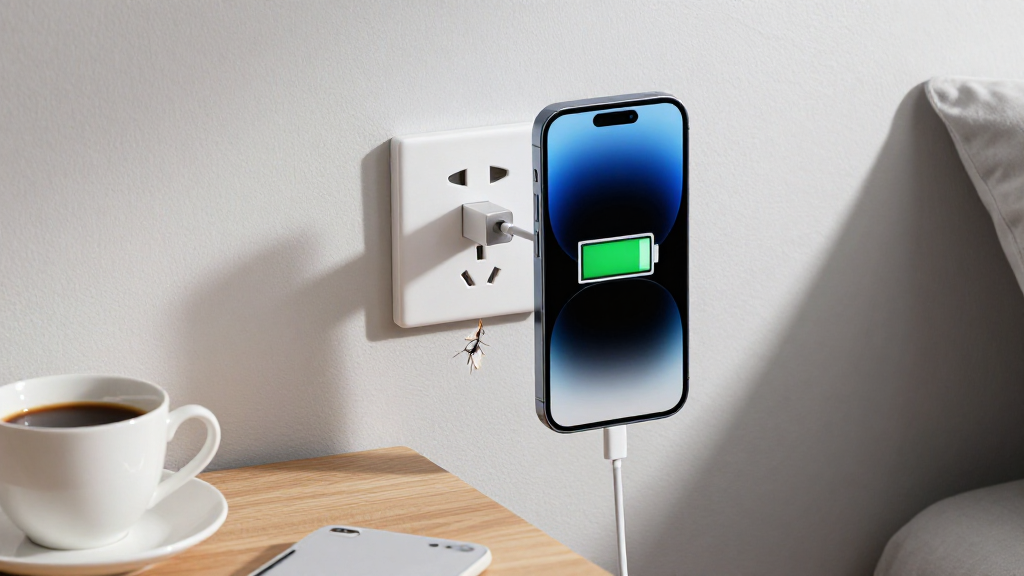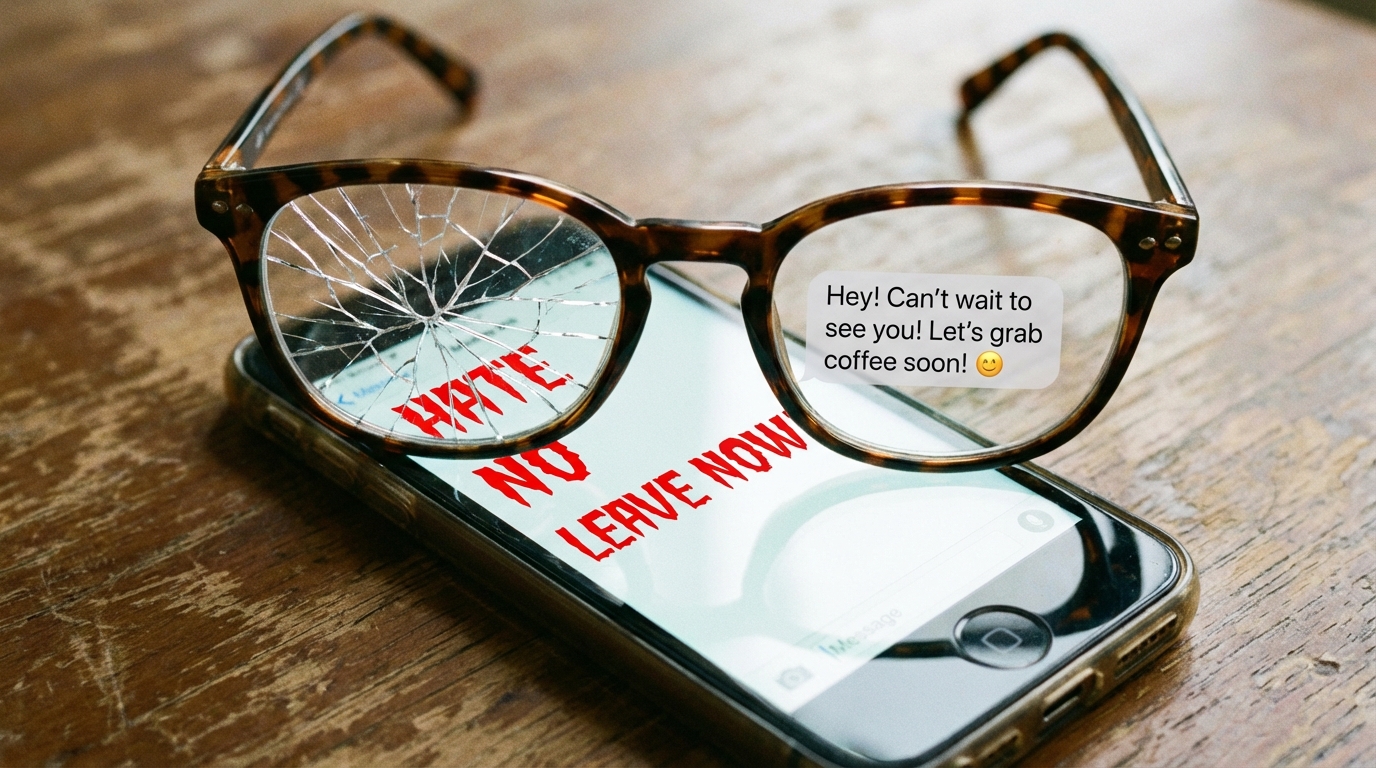Free PDF Guide:
GRAB ITFREE PTSD QUIZ
The No 1 RULE for sticking to good emotional Habits

Do you beat yourself up for this too?
You've realized that the central problem keeping you stuck in your depression and anxiety is your lifestyle and bad habits.
For example, you know that an essential habit to good mental health is positive thinking, but no matter how hard you try, you can't stop criticizing yourself; you can't let go of the past, and you keep expecting the worst all the time.
How can you consistently stop your negative emotional habits when they always seem so impossible to stop?
Would you like to know how?
The number one rule for sticking to good emotional habits is to cooperate with the change process.
What does this mean?
I'll explain...
The biggest habit trap on planet earth
A trap most people fall into when trying to break free from destructive emotional habits is that they misunderstand the change process.
Most people believe they should learn new behaviours or habits and immediately start responding to things using this new behaviour.
But WARNING...This belief can hold you down in mental health problems for years.
Let me elaborate...
Imagine that your default habit is to worry about how people view you.
But now, because you have learnt this brand-new mega strategy for stopping negative worry patterns, You might expect to be able to control your negative worry pattern just like that.
But then, you realize that you still keep getting tripped up by this negative worry pattern. So you get frustrated with yourself for not being able to make the change when you know what to do.
And the more you get frustrated, the faster you get derailed from your efforts. You become so critical of yourself that you eventually stop trying.
The best way to prevent this downward spiral is to understand the change process properly.
Instead of expecting to move from not being able to do something to being able to do that thing in one go, remind yourself that the change process goes through three phases.
3 essential phases of the change process and how to cooperate with them
Phase 1: You first start catching yourself after doing what you don't want to do anymore.
Going back to our negative worry pattern example, for phase 1, you'll only be able to catch yourself after you have perhaps had an hour of worry. It just hits you that you spent all that time worrying when you wanted to avoid doing this.
At this point, the best reaction is to congratulate yourself for realizing you have just done what you did not want to do. Because this means you have begun on your journey of change.
Phase 2: You begin to catch yourself in the middle of doing what you don't want to do anymore.
Keeping with our negative worry pattern example, you will be catching yourself in the middle of the worry. Perhaps you previously spent one hour worrying every morning. But this time, you catch yourself 30 minutes into the worry experience and pull yourself out.
At this point, the best reaction is to congratulate yourself for catching yourself halfway and cutting off the worry because this means you have begun to win in your change journey.
Phase 3: You now start catching yourself before the start of doing the thing you don't want to do.
Relating this to the worry pattern example again... At this point, you will find you've become adept at noticing the trigger before getting triggered. So now you can throw a party!
In conclusion...
The no 1. way to stick to good habits when change feels impossible
You can't break bad habits easily because your brain is a lazy organ.
WHAT!!!
Okay, I am Only joking.
Jokes aside, though...
The truth is that our brains are highly dependent on habits to save energy—even the bad habits.
Our brains don't want to waste energy re creating systems for doing the same things over and over. So it will encode the bad habits into place.
What's my point?
Habits are powerful things. They can make us feel in control of our lives or make us feel like we're on the losing end of a power struggle with ourselves.
Habits are ingrained in our brain, and it takes time and consistent cooperation with the change process to stick to healthy habits.
So, when you can't stick to a habit, it's essential to treat yourself with compassion.
Recognize that you're doing your best and give yourself the respect and kindness you deserve.
Recognizing this will empower you to keep going as you conquer mountain after mountain of emotional problems.
This is my strong hope for you today.




